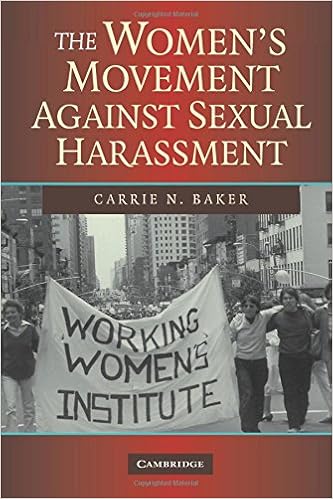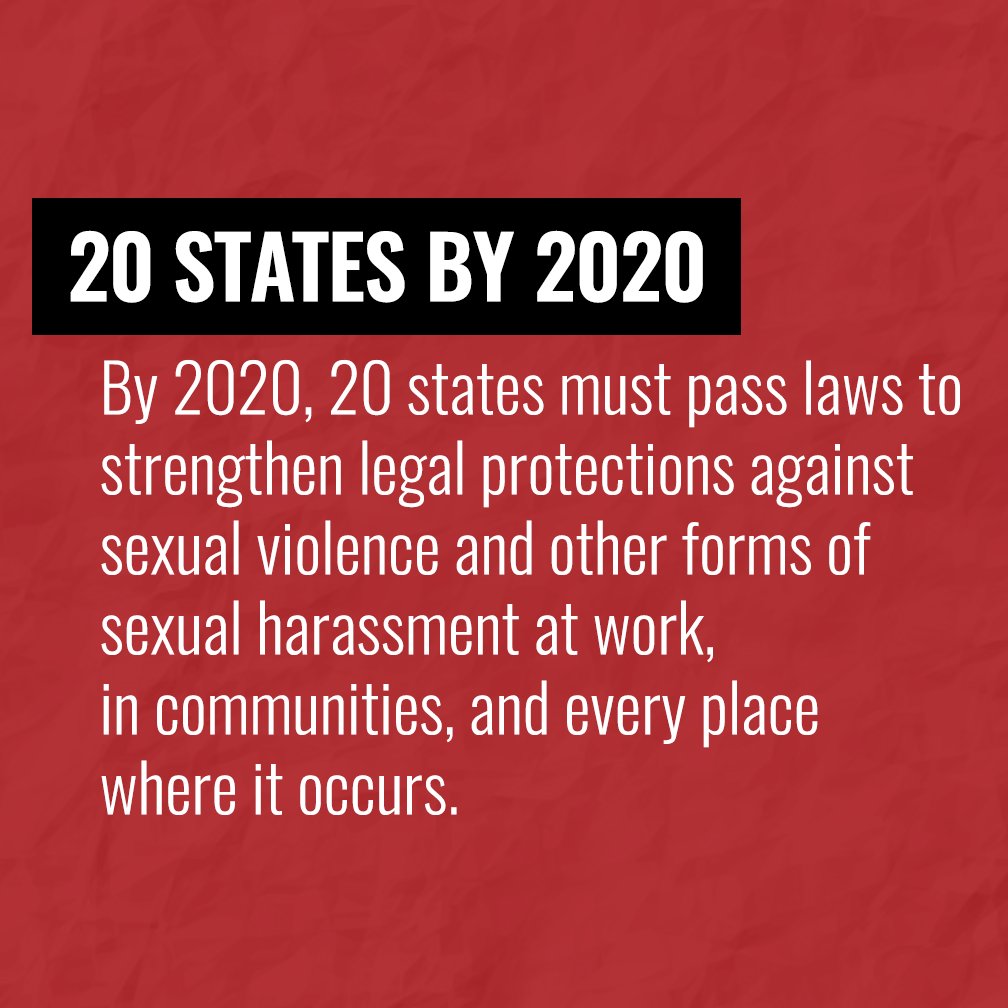Carrie N. Baker, The Women’s Movement Against Sexual Harassment (Cambridge University Press, 2007).
The Women’s Movement Against Sexual Harassment examines how a diverse grassroots social movement created public policy on sexual harassment in the 1970s and 1980s. The collaboration of women from varying racial, economic, and geographic backgrounds strengthened the movement by representing the perspectives and activism of a broad range of women. Based on interviews and voluminous original research, this book is the first to show how the movement against sexual harassment fundamentally changed American life in ways that continue to advance women’s opportunities today.




